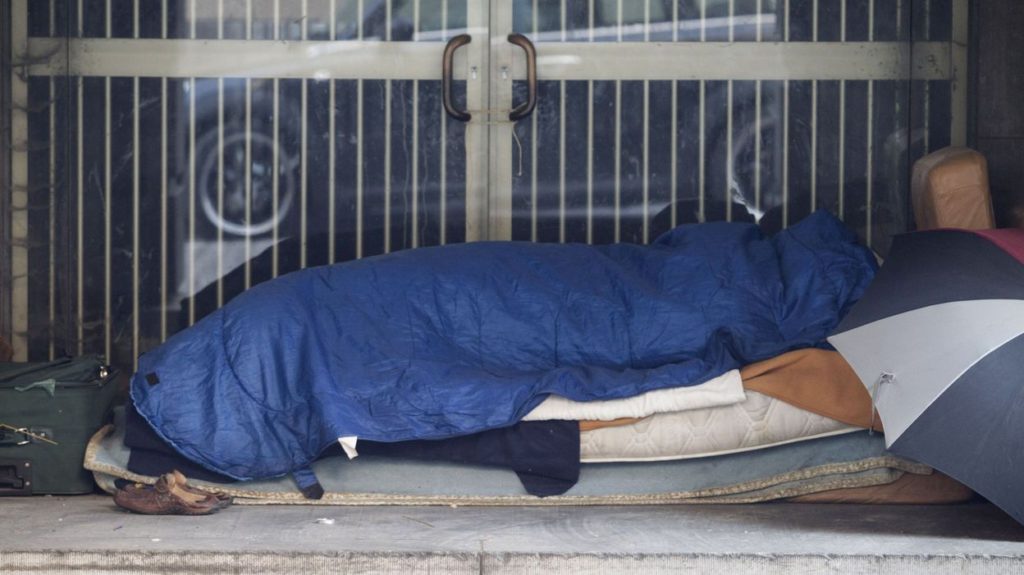Two women have been found dead on the streets of Brussels, both homeless, apparently caused by hypothermia. Following the sudden change in the weather to temperatures more common in autumn, the two women died in separate circumstances. One was found by the statue in the small park near Marché au Porcs; the other on the Rue Navez on the edge of Laeken and Schaerbeek.
The second woman was taken to hospital, but could not be revived. The other woman was declared dead at the scene by a medical examiner.
The two deaths are the first of this winter, although SamuSocial, the Brussels-City organisation that deals with the homeless, has no plans to bring forward the opening of its winter accommodation, due for 15 November. According to a spokesperson, there is already accommodation available for the homeless.
But while two deaths in 24 hours comes as a shock, particularly just days after an Indian summer for the record books, according to those who work with the homeless, it is no surprise.
“It’s a good thing that people are shocked,” said a spokesperson for the Poverty Platform. “Although the outrage is a bit selective.”
“People die on the streets all year round,” Bart Van de Ven said. “The street makes you sick. According to the latest figures from the Straatdoden (Street Dead) collective, no fewer than 62 homeless people died in 2017.”
According to the Platform and others, the fault lies with official policy towards the homeless. “Too often the focus is on psychosocial support, while a roof over your head ought to be a priority,” he said. “Going back out to sleep on the streets after a session of career training doesn’t work. First you need somewhere to live, and the rest follows from that.”
And a spokesperson for the street-workers organisation JES explained to Bruzz why homeless centres are not the answer: people are afraid of their belongings being stolen, there is violence and intimidation, hygiene is not top-class, and the solution can never be permanent. “That’s why it would be better to think of other, permanent forms of accommodation,” he said.
Alan Hope
The Brussels Times

